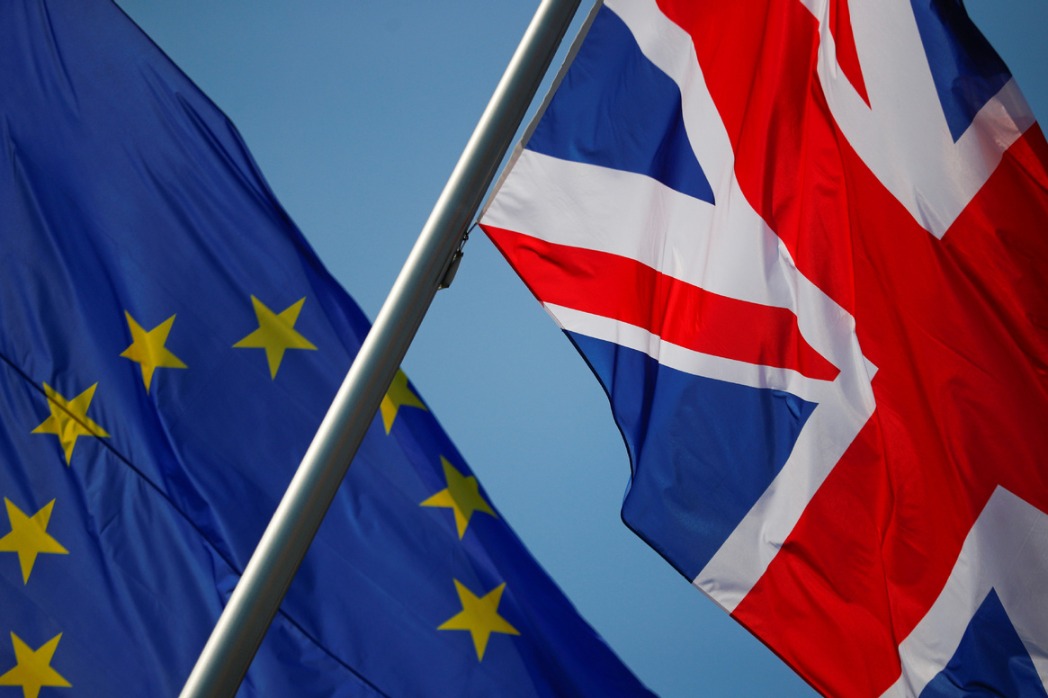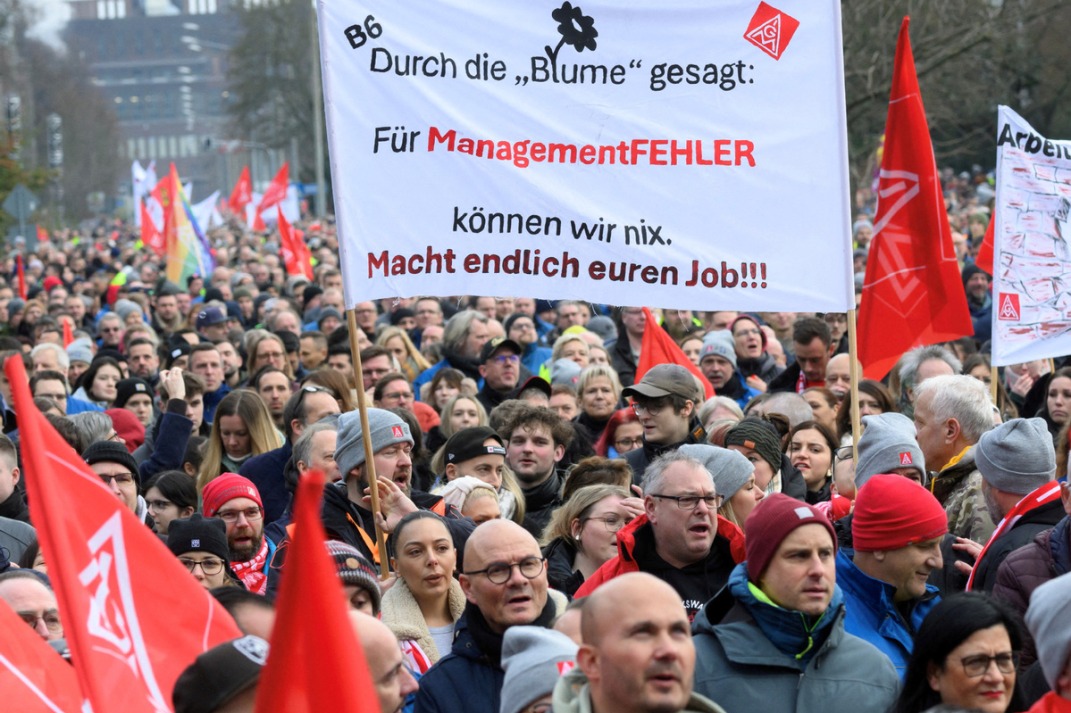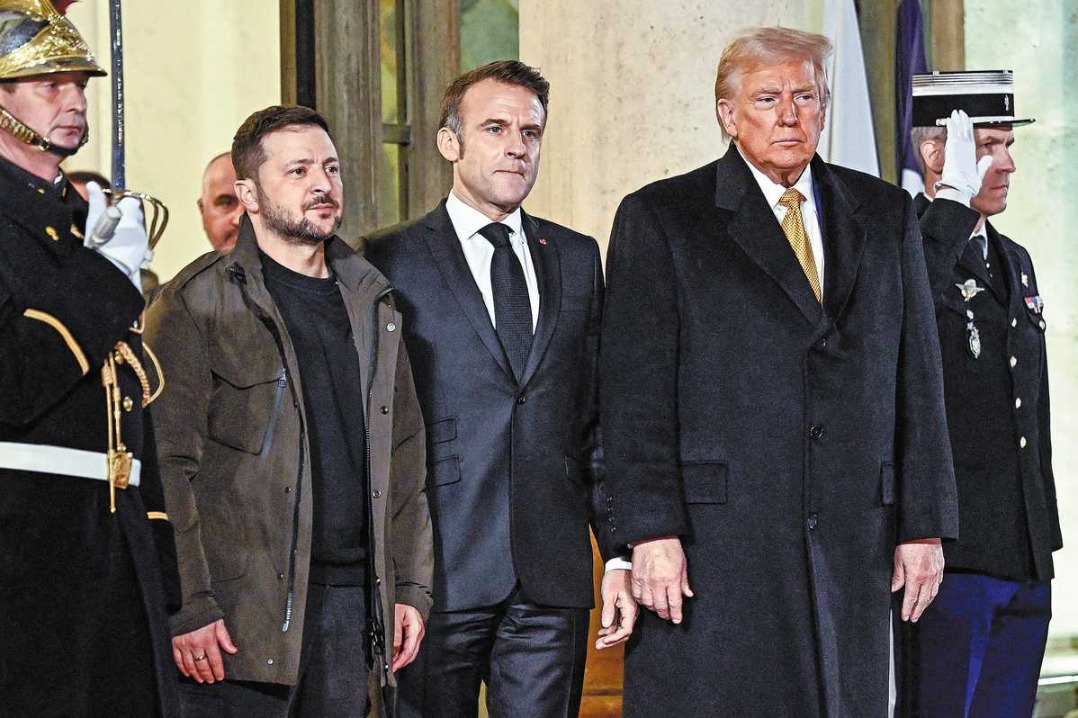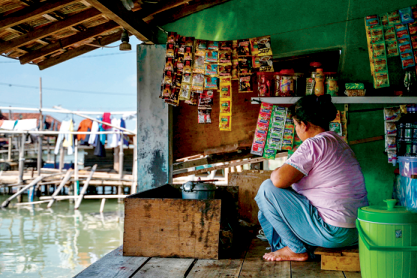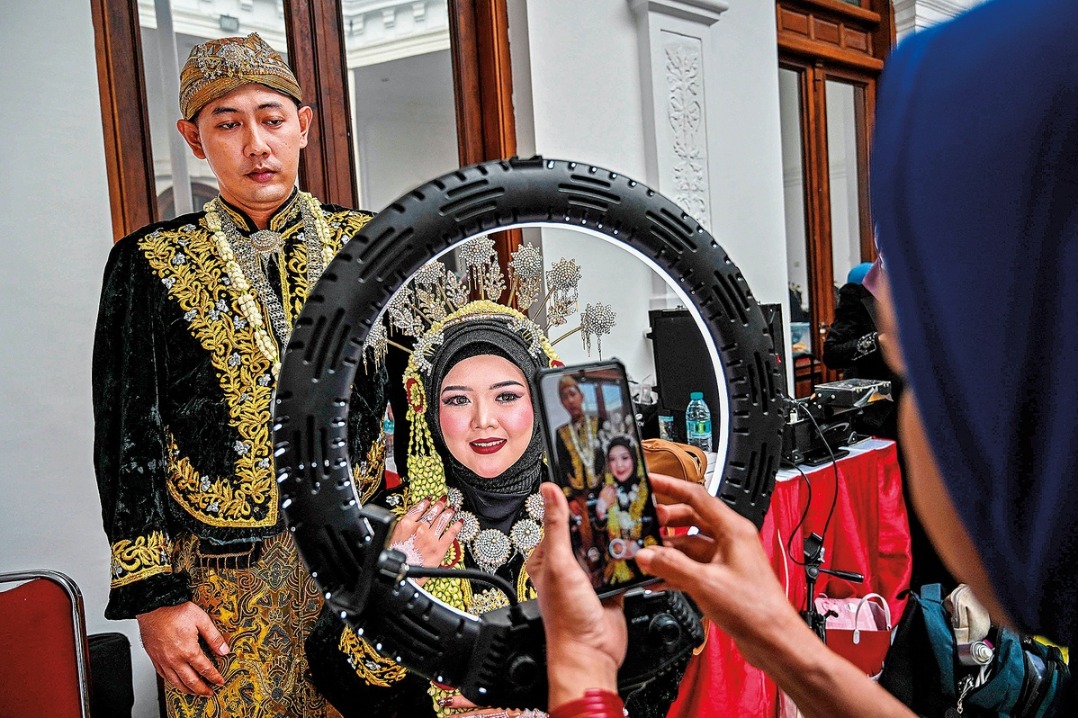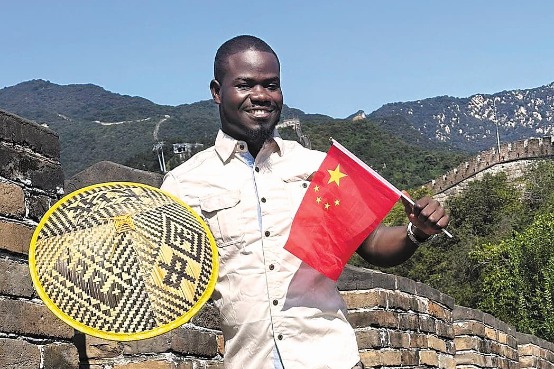Protesting French farmers begin their 'siege' of Paris

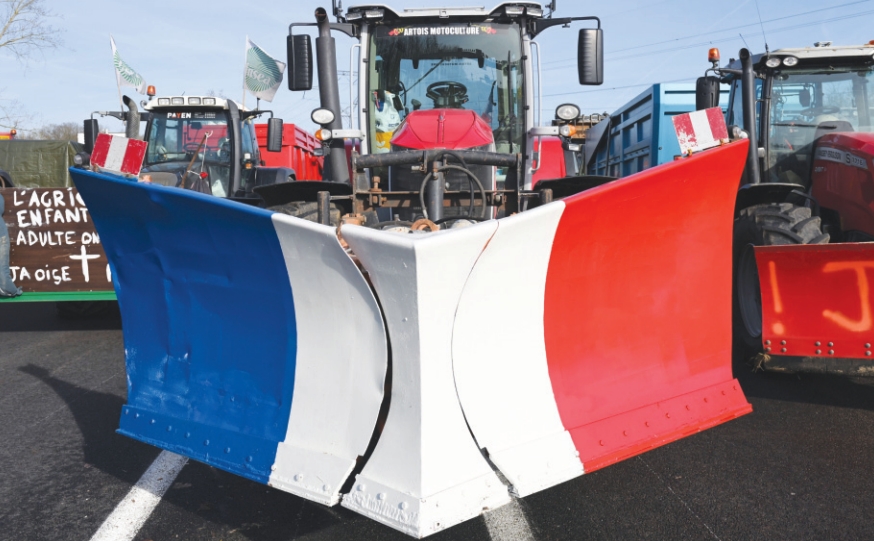
A truck was overturned and set alight on Friday on a road outside Paris as French farmers began their blockade of main roads to the city in an extension of their dispute with the government over fuel subsidies and other issues, including what they see as unfair competition.
Discontent has been building for some time among workers in France's agriculture sector, one of the biggest in Europe, with farmers complaining that the taxes they face make their work increasingly economically challenging.
"This is the final battle for farming," Karine Duc, a farmer from the southwestern department of Lot-et-Garonne told AFP as she joined a convoy heading toward Paris. "It's a question of survival."
Arnaud Rousseau, head of the FNSEA farmers' union, told RTL radio the aim of the blockade was to "increase pressure" on the government.
"We will block all the main highways that go to and from Paris, up to 30 kilometers from Paris... our objective is to put pressure on the government, so that we can quickly find a solution for a way out of the crisis."
Stephane Sanchez, a director of FNSEA, was quoted by the Daily Mail newspaper as saying "the siege of Paris is being prepared with quasi-military organization", and grain farmer Benoit Durand told television station BFMTV the aim of the protest was to "starve Parisians" and "paralyze France".
The government responded by mobilizing 15,000 police and paramilitary gendarmes, with strict instructions to prevent any incursion by the protesters into Paris itself.
Security forces have also been told to ensure that the city's major airports, Charles de Gaulle to the north and Orly to the south, are able to keep functioning, and that the city's vital Rungis food wholesale market, an intended target of the blockade, remains operational.
"We don't intend to allow government buildings, or tax collection buildings, or grocery stores to be damaged, or trucks transporting foreign produce to be stopped," said Interior Minister Gerald Darmanin.
The blockade comes the day after climate activists threw soup at the Mona Lisa painting in the city's Louvre art gallery, shouting "what's the most important thing? Art, or the right to healthy and sustainable food?" and "our farming system is sick, our farmers are dying at work".
That same day, France's newly-appointed prime minister, Gabriel Attal, whose previous concessions had been given short shrift by protestors, visited a farm where he said what was important was "finding solutions in the short, middle, and long term … because we need our farmers".
Agriculture workers are also unhappy at competition from imports from other countries with different production regulations, with some politicians using the dispute as an opportunity to stoke wider opposition to the European Union.
Without specifying, Attal said the government was looking at "additional" protective measures, and he vowed "other decisions" would be made in the coming weeks.


















